Around Nailsea book by Ian S. Bishop Local History Community Studies ISBN: 9780955717932
Original price was: £24.95.£19.96Current price is: £19.96.
Used – Very Good
1 in stock
Description
Immediate dispatch from Somerset. Nice book in great condition. Pages in excellent condition. No notes or highlighting. See images. Fantastic book.
About the book >.>.> In this book I have moved into North Somerset and the outer fringes of Bristol to the area of Nailsea new town and its surround- ing environs. The journey starts close to the City boundary at Long Ashton with the book allowing the reader to take a leisurely pictorial excursion through the years gone by with glimpses of Long Ashton; Flax Bourton; Farleigh Backwell West Town and then onto Nailsea; Wraxall and to finish in the Gordano Valley. Throughout the book there are pictures to stir the memories of many. whilst at the same time appearing to be somewhat novel or quaint to those who never knew it as it was. For the majority Nailsea will be seen as a “new town” purposely developed over the past thirty or forty years but Nailsea’s existence has roots that go much deeper into history with the area almost certainly known to the Romans although perhaps not as a settlement but as an area for the quarrying of pennant sandstone on a 100ft.high promontory where the sandstone overlaid rich seams of coal. There is little evidence of any specific Roman occupation in Nailsea itself with the nearest villa found at Gatcombe in Long Ashton but with good agri- cultural land in the vicinity it is reasonable to assume that there would have been a number of small farming communities scattered around the area covered and that gradually those communities became the small hamlets and or villages that are recognisable today. It is likely that from time to time when the sandstone was being quarried outcrops of coal appeared and whilst its significance was not fully understood during the years prior to the sixteenth century there came a time when the importance of coal took on a new role as the best medium for firing the limekilns at Yatton. Over the next two hundred years or so the extraction of the coal was min- imal inasmuch as it was restricted to removing coal at the surface or out of shallow pits however the value of coal for industrial heating was increasing as was its cost and by the beginning of the eighteenth century coal mining became an important source of revenue in the locality. Towards the end of the 1780’s John R. Lucas decided that the abundance of raw materials made Nailsea an ideal place for the manufacture of glass and had two fire cones built one for the production of green bottle glass and the other for window glass. (LL)
Additional information
| ISBN | 9780955717932 |
|---|---|
| Format | Softcover |
| Publisher | I S Bishop |
| Book author | Ian S. Bishop |
| Condition | Used – Very Good |

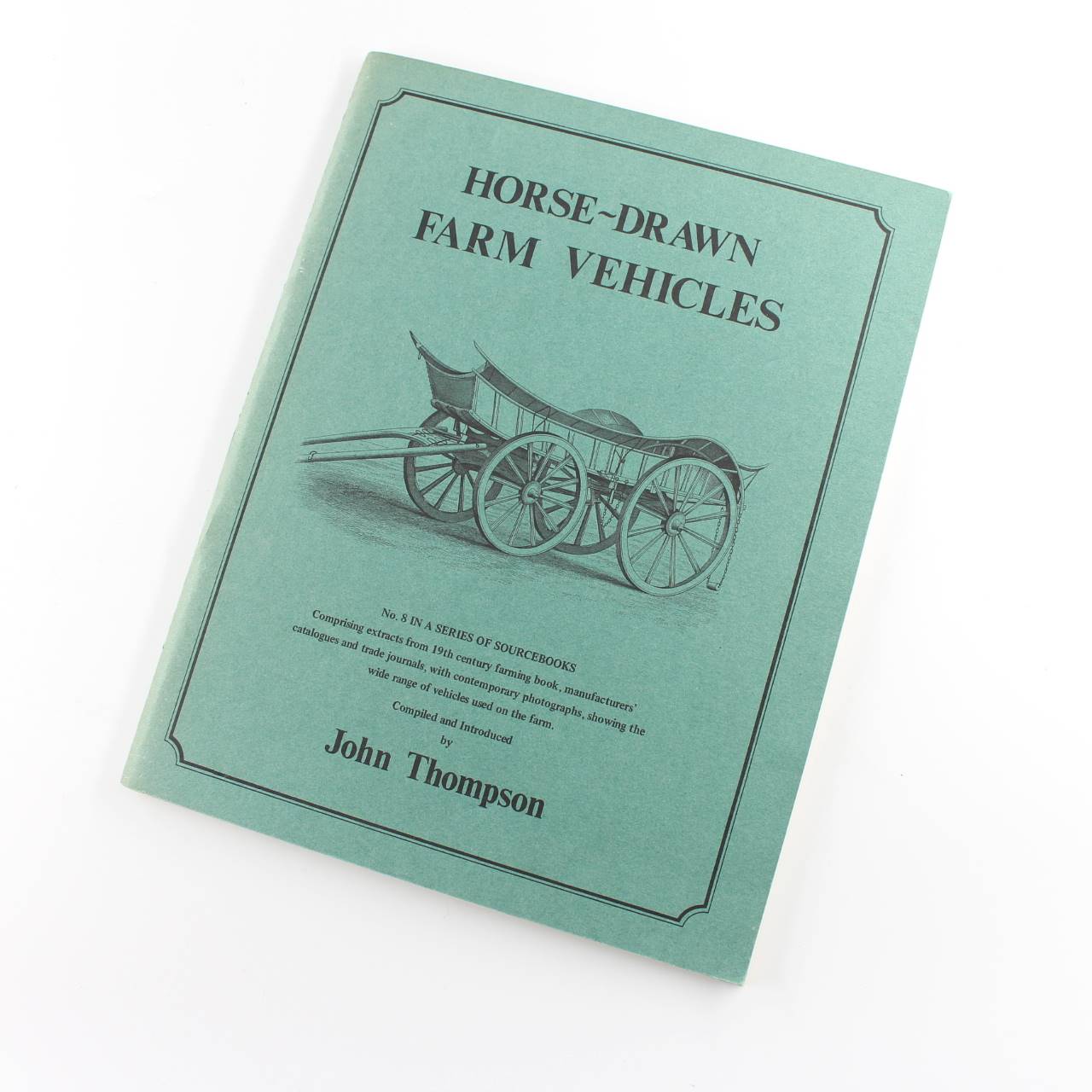
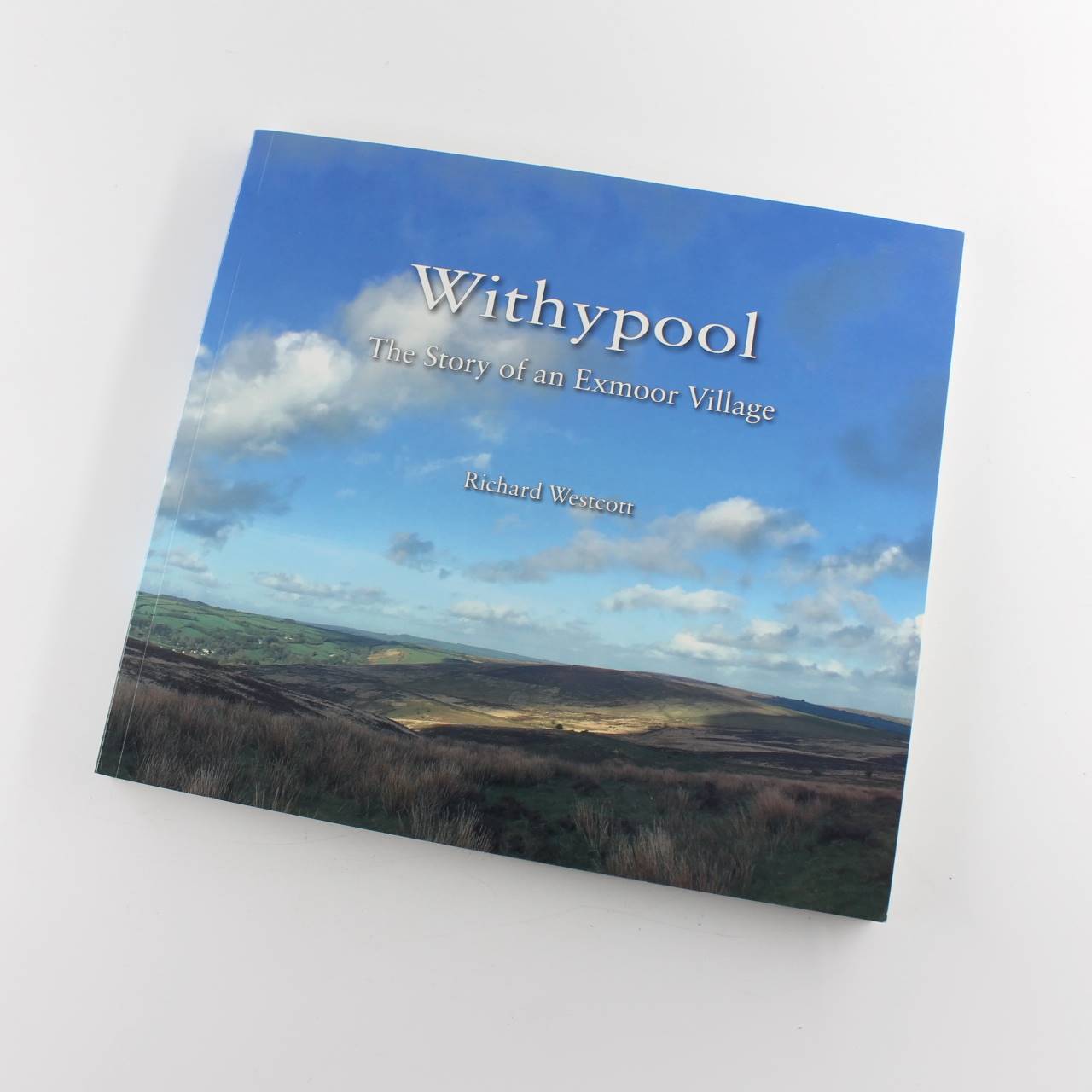
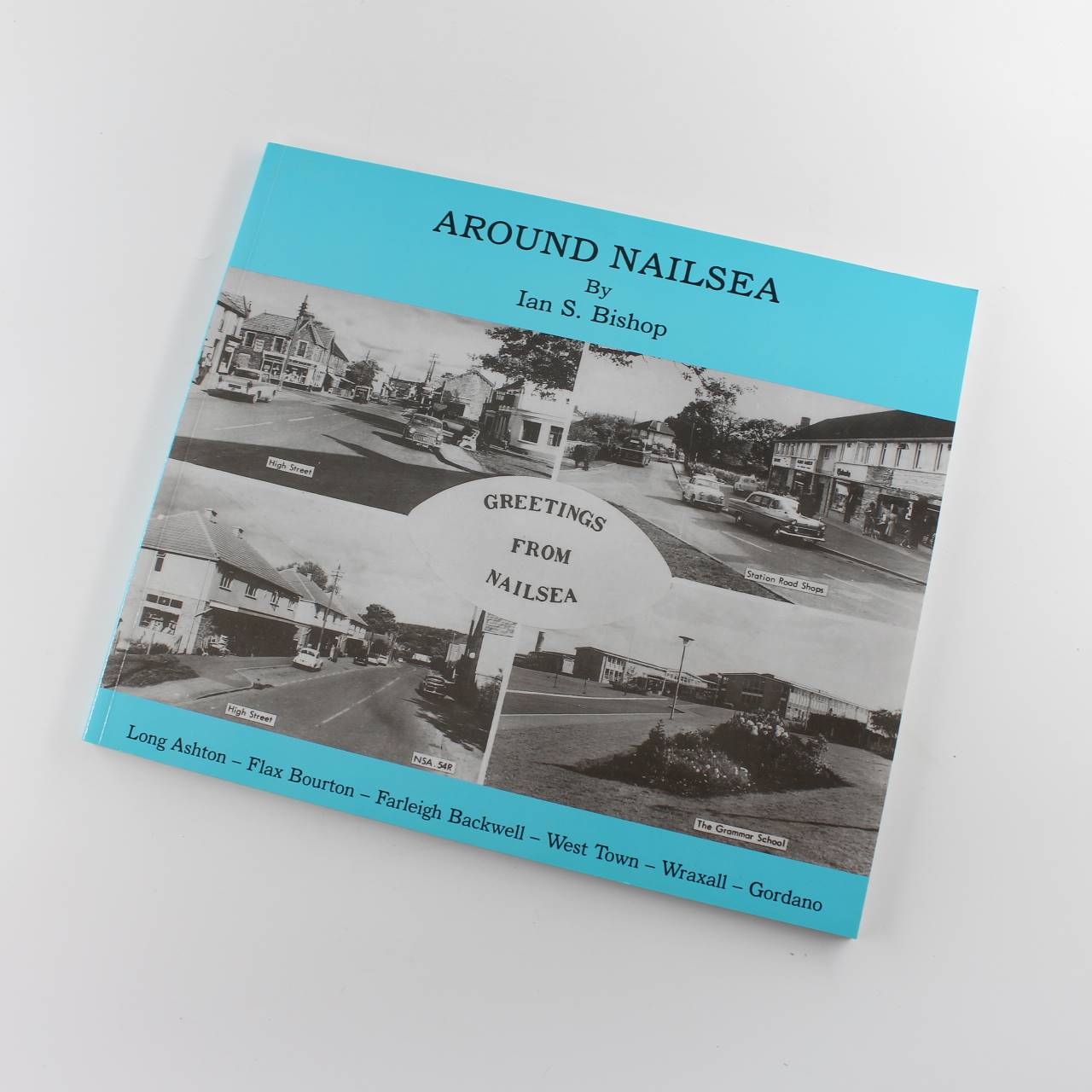
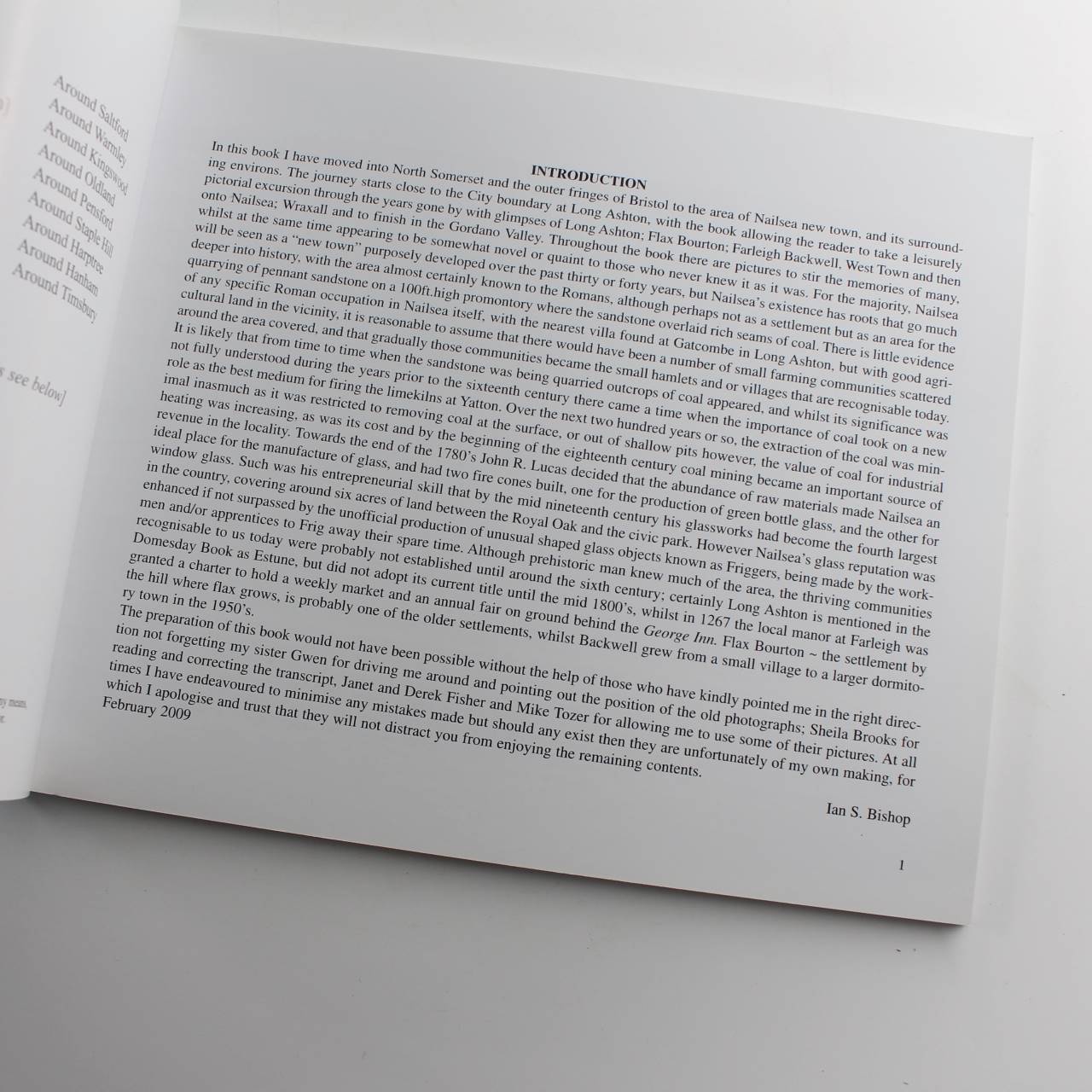
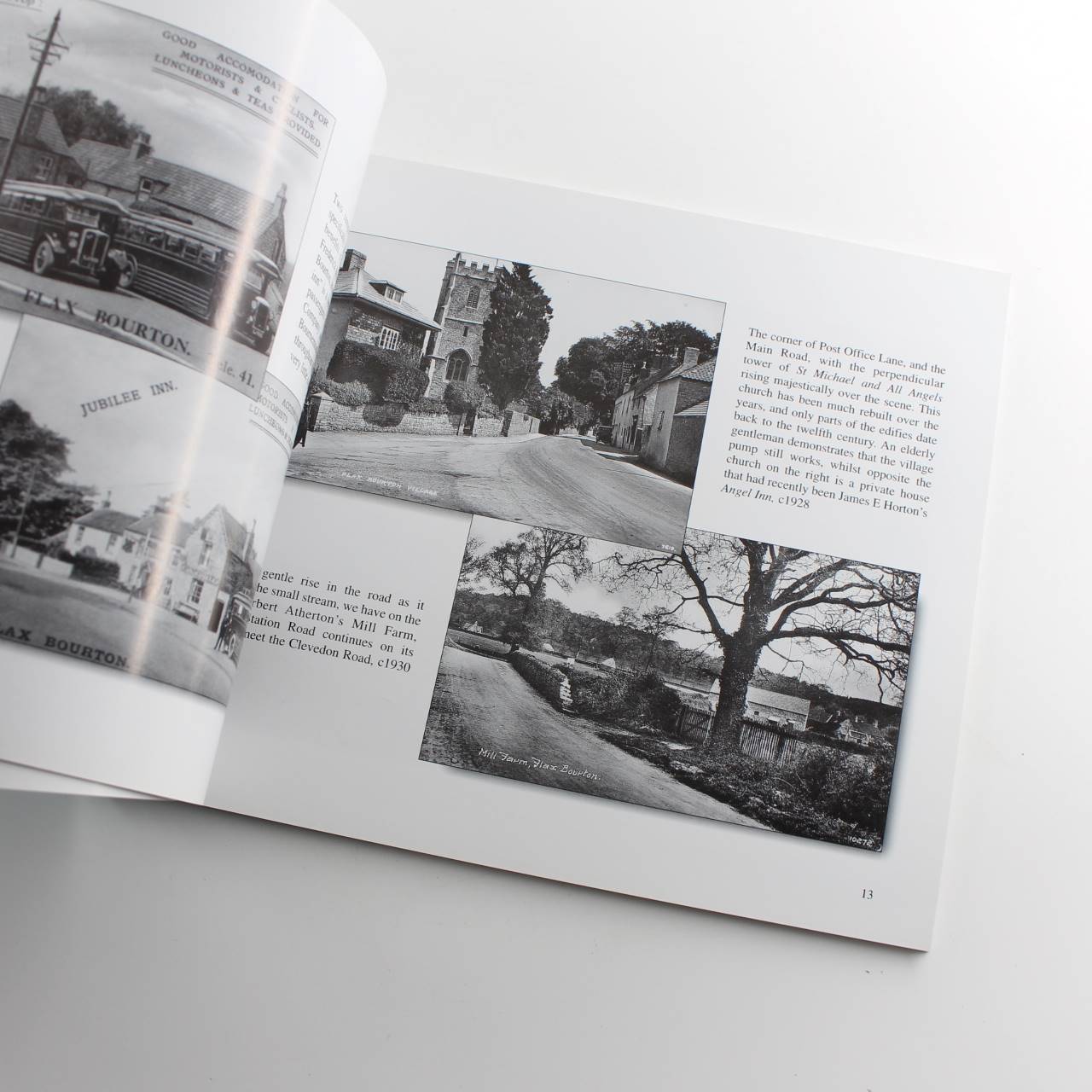
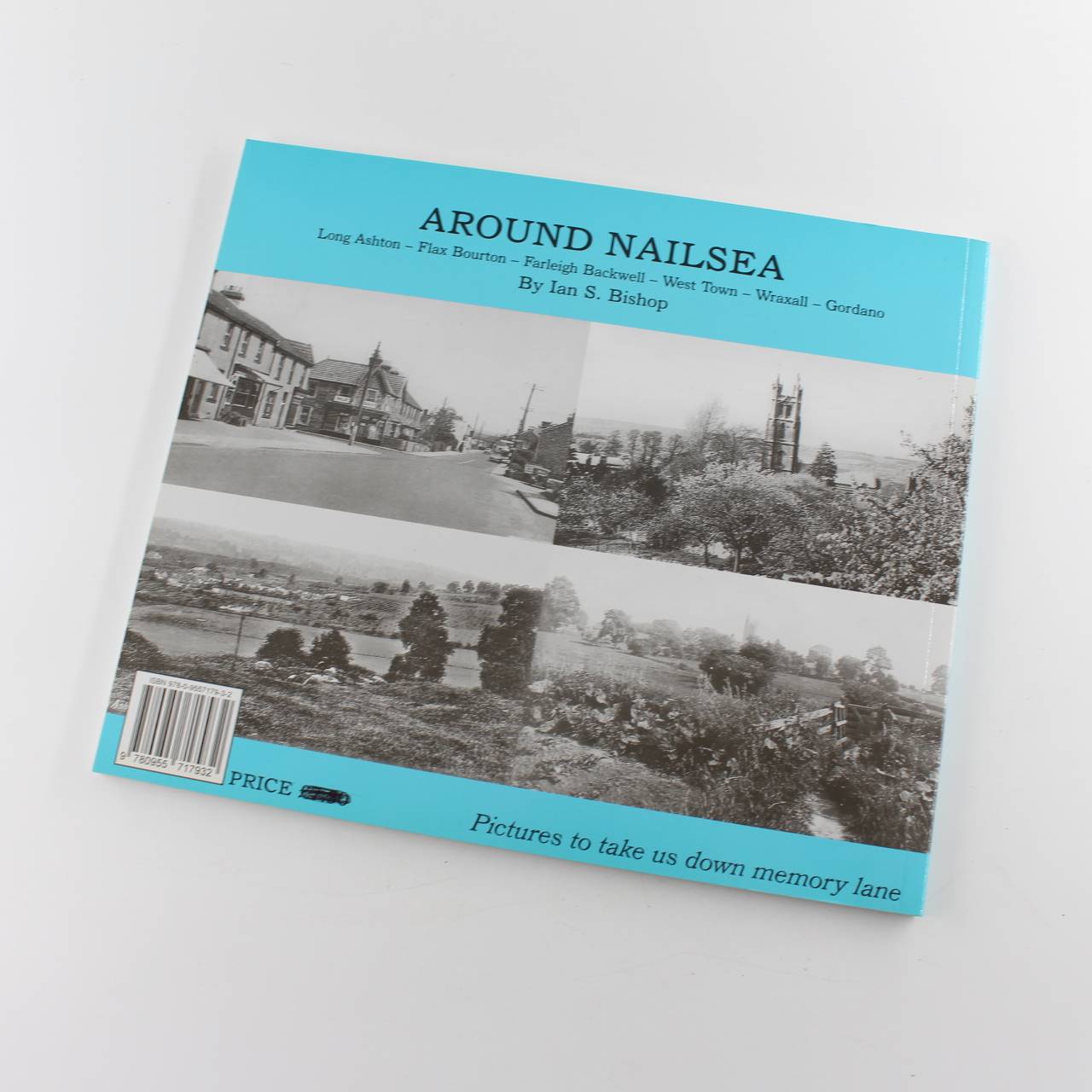

Reviews
There are no reviews yet.